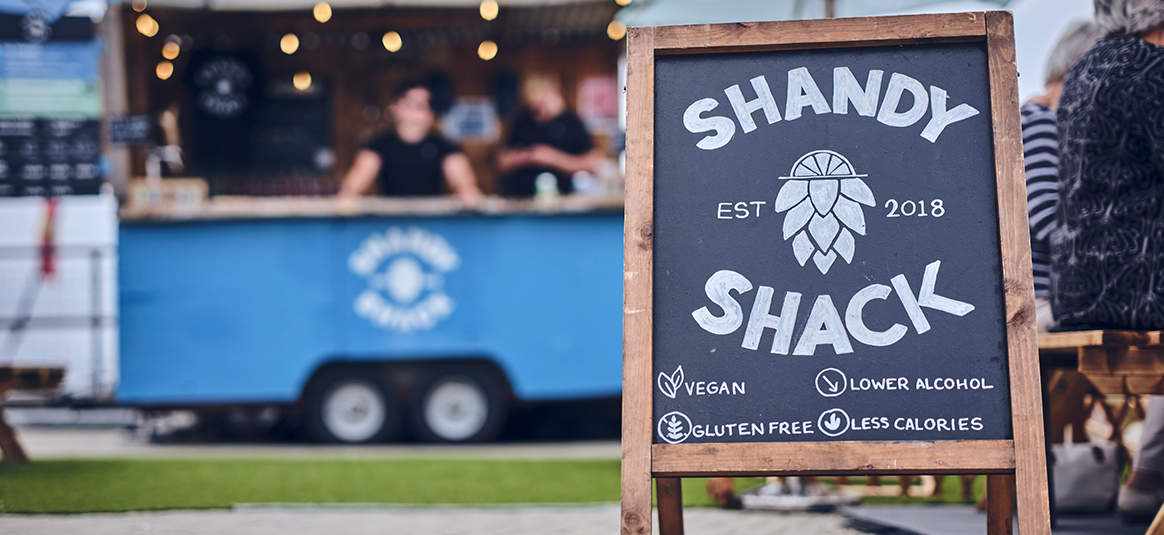Chris Kettle, our Proposition and Engagement Manager, says: “High-growth businesses come in different shapes and sizes, but they do have some defining characteristics. On our Accelerator programme, for example, we see entrepreneurs managing consecutive years of turnover growth, attracting increasing numbers of employees, and successful rounds of funding or grants.
“For these businesses to scale to the next level, it’s important they get the right support as early as possible. Supporting them as their needs become more complex allows them to focus on the key drivers of growth. And known barriers such as access to funding/finance, markets, and talent can be overcome easier and quicker.”
Here, Ed Stapleton, co-founder Shandy Shack, discusses the drinks brand’s business journey so far – and what he and his partners have learned in the process.


